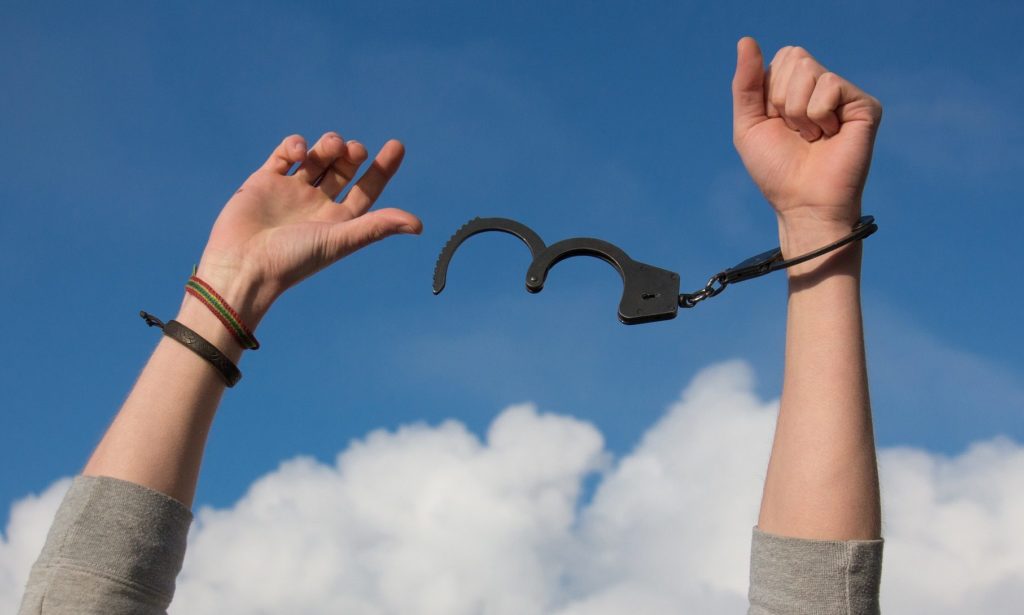The Canadian federal government on Tuesday sanctioned a broad drug decriminalization experiment in one of the country’s largest provinces, making it so police will not be able to make arrests, issue citations or even seize four currently illicit substances in cases of low-level possession.
It’s a bold harm reduction policy that will take effect starting on January 31, 2023 and last until at least January 31, 2026 in British Columbia (B.C.), the fourth largest Canadian province by population.
The federal Minister of Mental Health and Addictions and Associate Minister of Health gave the green light to the three-year exception to the country’s drug code, with the intent of destigmatizing substance misuse and encouraging treatment as an alternative to punitive criminal penalties for low-level possession.
Starting in 2023, people caught with up to 2.5 grams of certain illicit drugs—including opioids, cocaine, methamphetamine and MDMA—will not be criminalized. B.C. officials had propose setting the possession threshold to 4.5 grams, but the governments reached a compromise.



